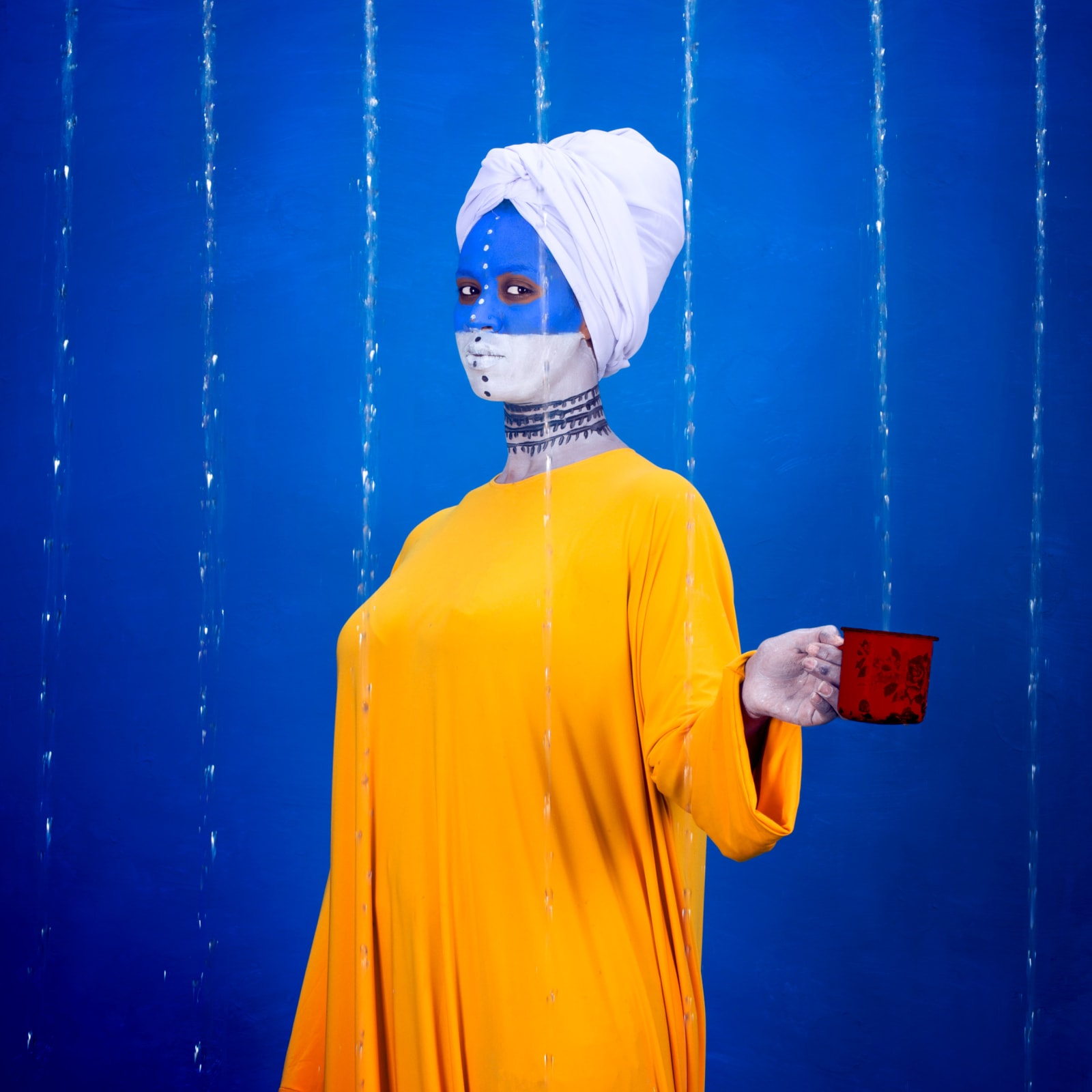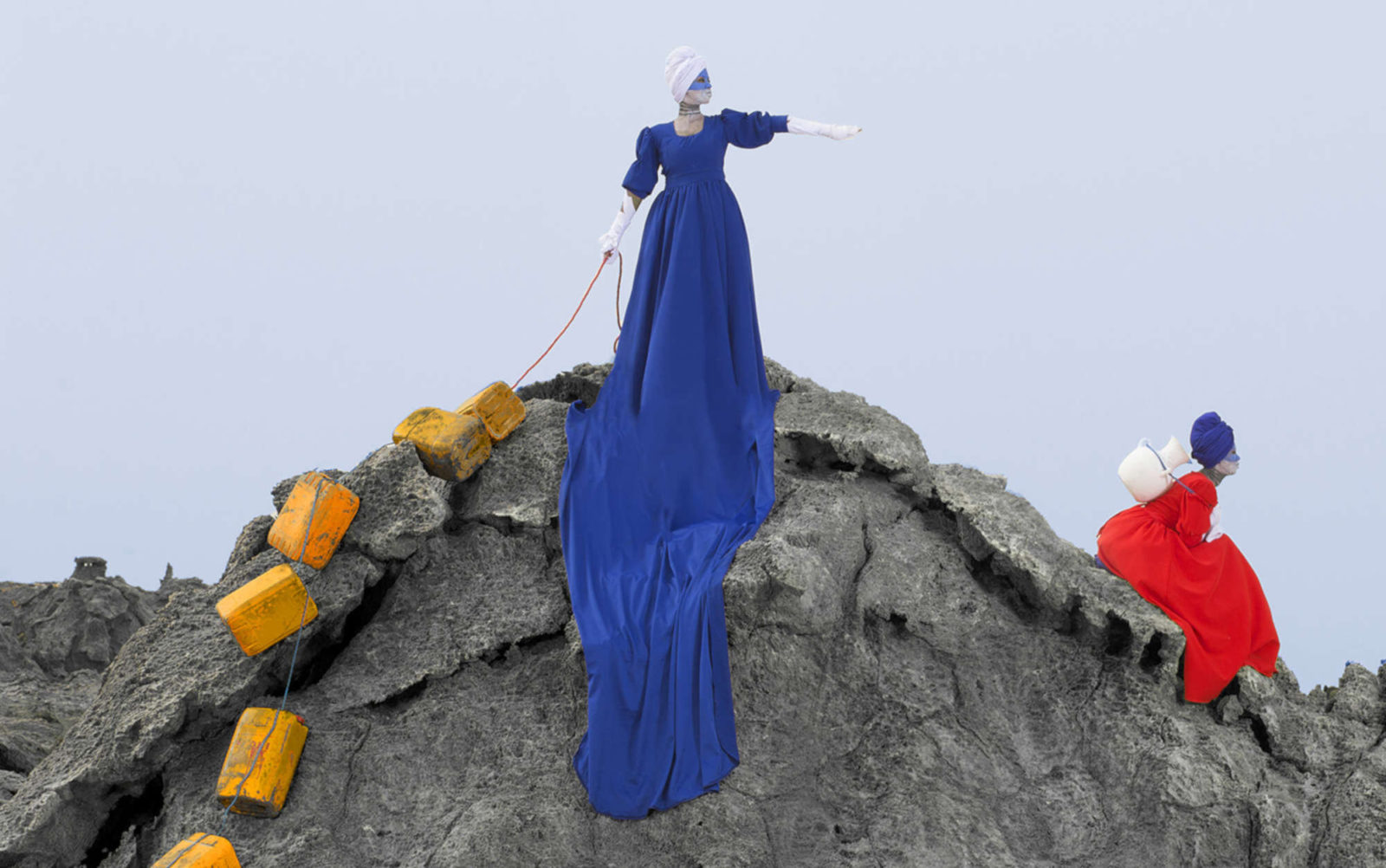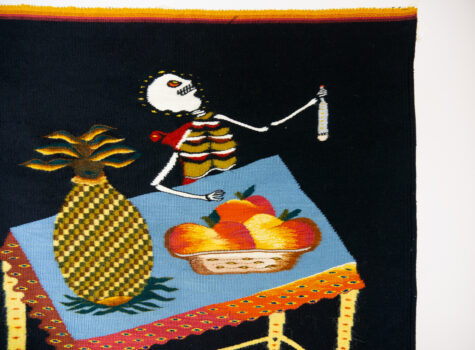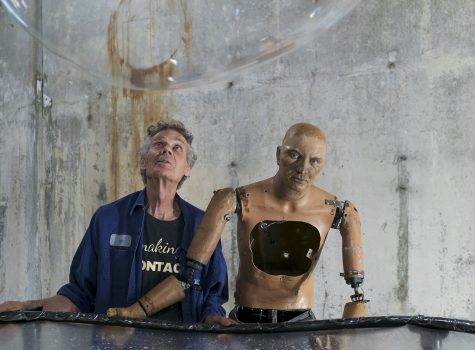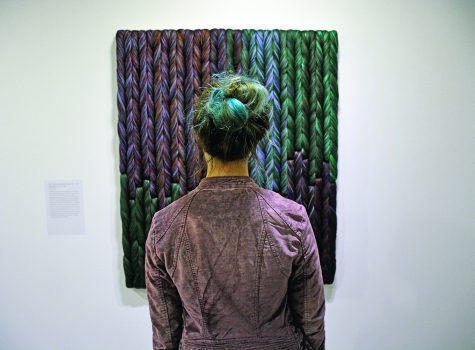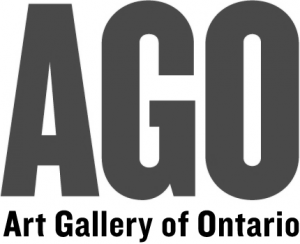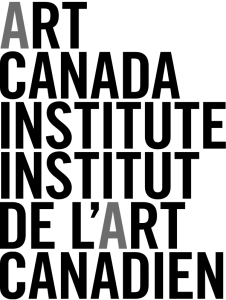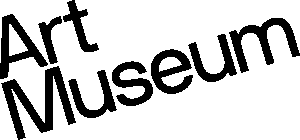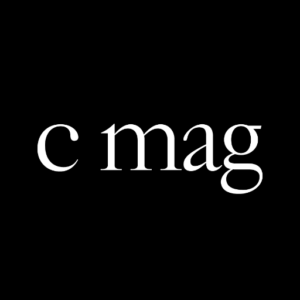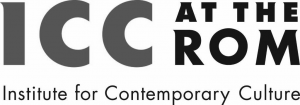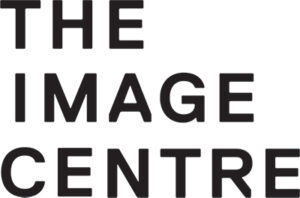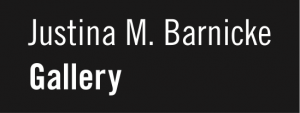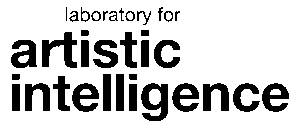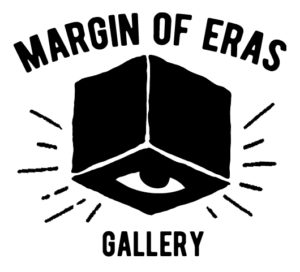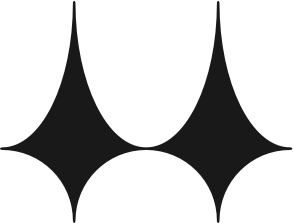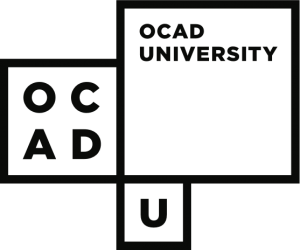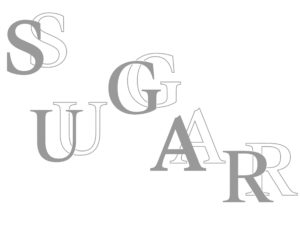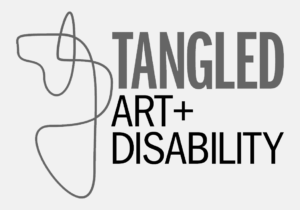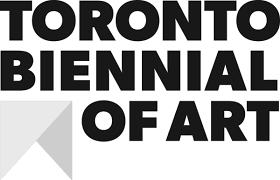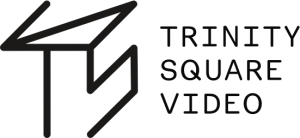Partners in Art (PIA) is proud to present the Textile Museum of Canada’s exhibition Aïda Muluneh: Water Life. In partnership with Scotiabank CONTACT Photography Festival, with additional support from the Aga Khan Museum. Curated by Sarah Quinton, Curatorial Director, the exhibition will be on view at the Textile Museum of Canada from April 27 – September 25, 2022.
Presented by the Textile Museum of Canada in partnership with Scotiabank CONTACT Photography Festival, with additional support from Partners in Art, and the Aga Khan Museum.
Ethiopian-born Aïda Muluneh created the series Water Life in the arid salt flats region of Dallol, Afar, in Northern Ethiopia—one of the hottest and driest places on earth. The artist’s vibrant photographs address the impact of living without access to clean water on local women and girls, while drawing attention to other communities around the world suffering from water scarcity.
Muluneh’s theatre of colourful images of women wearing magnificent garments of flowing reds, yellows, and blues is inspired by traditional, regional Ethiopian dress. With bodies and faces transformed by adaptations of traditional body-paint ornamentation, the women are carried forth into new worlds of possibility. These evocative gestures allow the artist to build a bridge of continuity between ancestral knowledge and imagined futures. Her work situates formal relationships between women and textiles across cultures, and reinforces interconnections between art, social justice, and access to water—the life-blood of human health and well-being.
Born in Ethiopia in 1974, Aïda Muluneh spent her childhood between Yemen and England. She settled in Calgary, Alberta in 1985, where she attended high school before studying at Howard University in Washington D.C. She is the 2007 recipient of the European Union Prize in the Rencontres Africaines de la Photographie in Mali; the 2010 winner of the CRAF International Award of Photography in Italy; and a 2018 CatchLight Fellow in San Francisco, USA. In 2019, Muluneh became the first black woman to co-curate the Nobel Peace Prize exhibition and returned in 2020 as a commissioned artist. As an educator and cultural entrepreneur, she develops local and international projects in Ethiopia and Côte d’Ivoire.
Presented by the Textile Museum of Canada in partnership with Scotiabank CONTACT Photography Festival, with additional support from Partners in Art, and Project Advisor Dr. Filiz Çakır Phillip, Curator, Aga Khan Museum.
About Scotiabank CONTACT Photography Festival
CONTACT is a not-for-profit organization dedicated to celebrating and fostering the art and profession of photography with an annual Festival in May throughout Toronto and year-round programming in the CONTACT Gallery. CONTACT embraces an inclusive and accessible approach to the medium, and cultivates collaborations with and among artists, curators, institutions, and organizations. For more information visit: scotiabankcontactphoto.com, IG: @contactphoto, FB: @CONTACTphotography, Twitter: @contactphoto.
About the Textile Museum of Canada
The Textile Museum of Canada aims to inspire understanding of the human experience through textiles. We are the only museum in Canada delivering programs and exhibitions dedicated solely to textile arts. The Museum ignites creativity, inspires wonder, and sparks conversation through the stories held within our global collection of textiles, and active engagement with contemporary art practices. For more information, visit: textilemuseum.ca, IG: @textilemuseumofcanada, Twitter: @TMCtoronto, and FB: Textile Museum of Canada.
Banner Image: Aïda Muluneh, Star Shine, Moon Glow, from the series Water Life, 2018. Courtesy of the artist. © Aïda Muluneh.
Other Gallery Images:
Aïda Muluneh, Unfilled Promises, 2018. Photograph.© Aïda Muluneh. Used with permission.
Aïda Muluneh, Star Shine, Moon Glow, 2018. Photograph.© Aïda Muluneh. Used with permission.
Aïda Muluneh, Knowing The Way to Tomorrow, 2018. Photograph.© Aïda Muluneh. Used with permission.
Aïda Muluneh, Burden of the Day, 2018. Photograph.© Aïda Muluneh. Used with permission.
